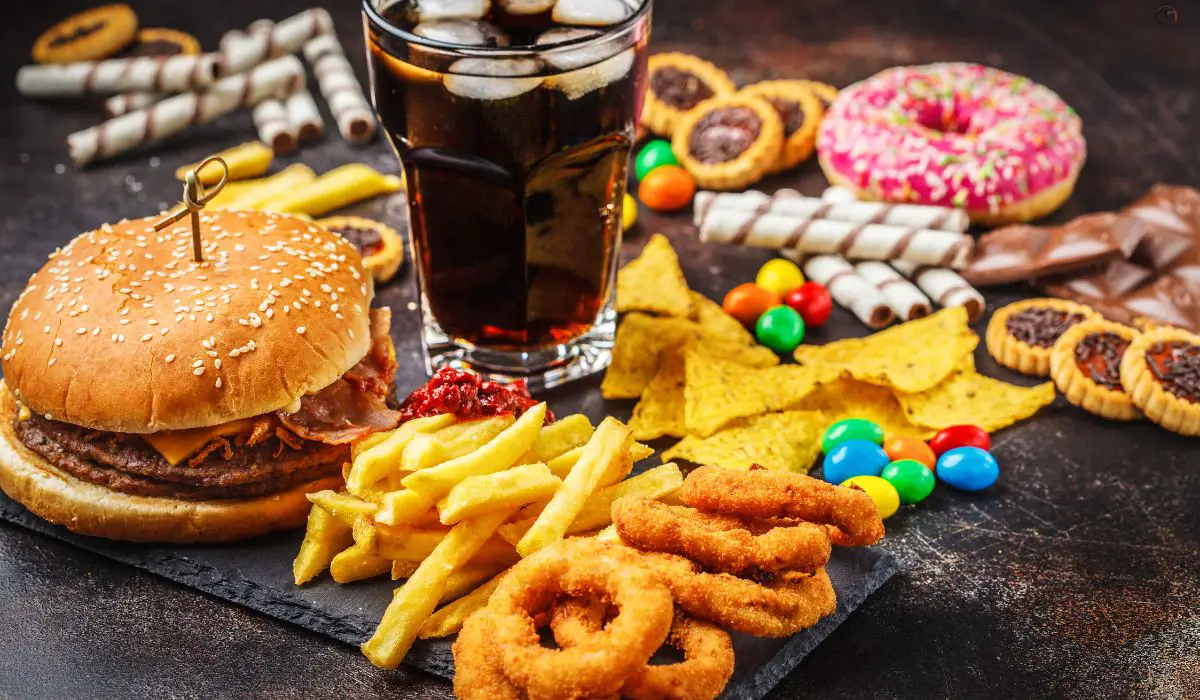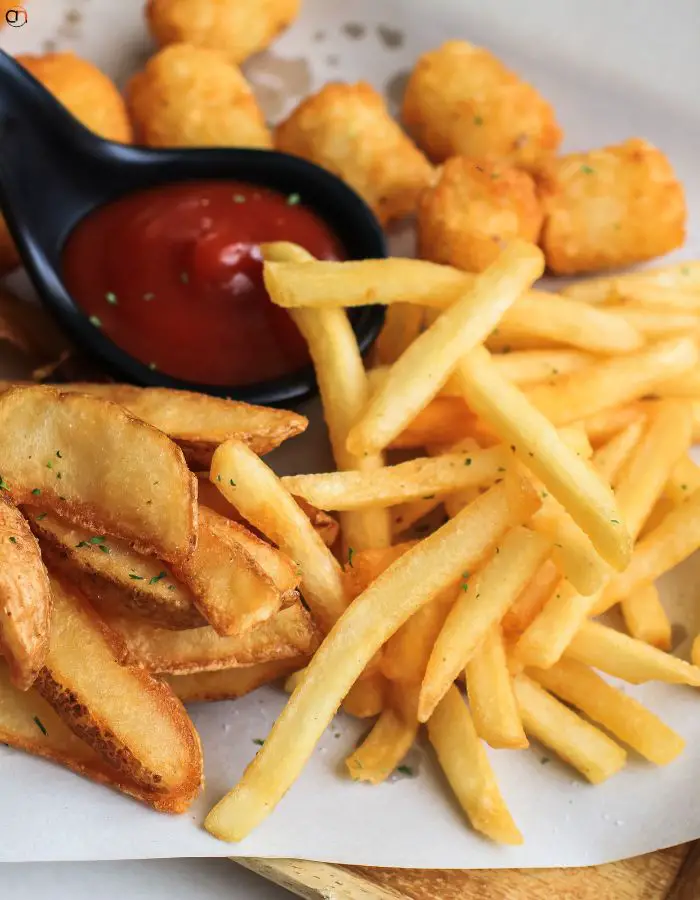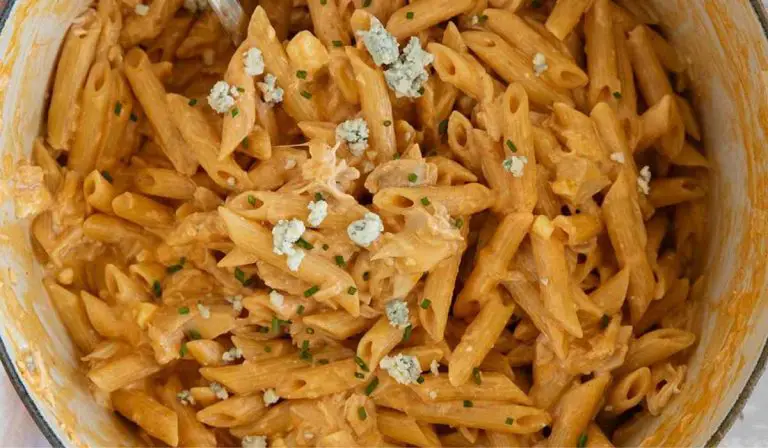What Can You Not Eat During Ramadan

Ramadan is a time of fasting, reflection, and spiritual growth, but it’s also important to make mindful food choices when breaking your fast.
While suhoor and iftar meals should be nourishing and balanced, certain foods can cause discomfort, dehydration, or fatigue, making fasting more challenging.
Processed foods, excessive sugar, and fried dishes may lead to energy crashes, bloating, and digestive issues.
Additionally, highly caffeinated drinks and salty foods can contribute to dehydration.
Get what can you not eat during Ramadan to maintain energy, stay hydrated, and feel your best throughout the holy month.
What can you not eat during Ramadan:
1. Fried and Greasy Foods
Fried foods like samosas, pakoras, and deep-fried snacks are popular iftar choices but can be heavy on the stomach. These foods are high in unhealthy fats, which can slow digestion and cause bloating or discomfort. Additionally, consuming fried foods in excess can lead to weight gain and sluggishness. Instead, opt for baked, grilled, or air-fried alternatives to enjoy the flavors without the extra oil.
2. Sugary Foods and Desserts
Many people crave sweets after fasting, but indulging in sugary treats like baklava, gulab jamun, or processed desserts can cause a rapid spike in blood sugar levels, followed by an energy crash. This can leave you feeling tired and unmotivated for prayers or nightly activities. Instead, satisfy your sweet tooth with natural sugars found in fruits, dates, or homemade desserts using honey or minimal sugar.
3. Processed and Junk Foods
Fast food, packaged snacks, and highly processed meals contain preservatives, artificial flavors, and high amounts of sodium, which can cause dehydration and sluggishness. Eating processed foods regularly during Ramadan can also prevent your body from getting the essential nutrients it needs. Choose home-cooked meals with fresh ingredients to ensure you’re consuming healthy and nourishing foods.
4. High-Salt Foods
Salty foods like chips, pickles, canned foods, and processed meats can cause excessive thirst and dehydration. High salt intake can also lead to bloating and water retention, making fasting uncomfortable. Instead, opt for fresh vegetables, lean proteins, and naturally seasoned meals to maintain hydration levels.
5. Caffeinated Beverages
Drinks like coffee, tea, and sodas contain caffeine, which is a diuretic and can lead to increased urine production, causing dehydration. Consuming caffeine at suhoor can also result in energy crashes later in the day, making fasting more difficult. Replace caffeinated drinks with herbal teas, fresh juices, or plain water to stay hydrated throughout the fasting hours.
6. Carbonated and Sugary Drinks
Soft drinks, energy drinks, and store-bought juices with added sugars should be avoided as they can lead to bloating, gas, and unnecessary sugar spikes. These beverages also do not provide long-lasting hydration. Instead, opt for natural drinks like coconut water, lemon-infused water, or homemade fruit smoothies to refresh and replenish your body.
7. Heavy and Overly Spiced Foods
Spicy and heavy meals may be flavorful, but they can cause acid reflux, indigestion, and stomach discomfort, especially after a long fast. Eating overly spiced dishes can also lead to excessive thirst. Instead, consume well-balanced meals with moderate spices and herbs that aid digestion rather than cause discomfort.
8. White Bread and Refined Carbohydrates
White bread, pastries, and refined grains are quickly digested, leading to a short burst of energy followed by a slump. These foods lack fiber and essential nutrients, making them a poor choice for suhoor or iftar. Instead, choose whole grains like brown rice, whole wheat bread, quinoa, or oats, which provide longer-lasting energy and better digestion.
Healthy Alternatives for a Nourishing Ramadan:
For Suhoor:
- Whole-grain oatmeal with nuts and fruits for sustained energy.
- Protein-rich foods like eggs, yogurt, and cottage cheese.
- Hydrating foods such as cucumbers, watermelon, and coconut water.
For Iftar:
- Dates and water for an instant energy boost.
- Fresh soups and salads for hydration and digestion support.
- Lean proteins like grilled chicken or fish with whole grains.
- Natural fruit-based desserts to satisfy sweet cravings.
Read Next: 10 Halal Main Course Recipes
Last Call:
- Eating the right foods during Ramadan is essential for maintaining good health, staying energized, and preventing dehydration. Avoiding fried, sugary, processed, and high-salt foods can significantly improve your fasting experience. Instead, opt for whole foods, lean proteins, and hydrating drinks to support your body throughout the day.
- As you prepare for Ramadan, be mindful of your food choices and focus on nourishing meals that will sustain you during fasting hours. Share your own healthy Ramadan meal tips in the comments and follow us on Pinterest for more nutritious recipe ideas!
FAQs:
Q. what can you not eat during Ramadan?
It’s best to limit spicy foods as they can cause acid reflux and discomfort, especially after fasting for long hours.
Q. Why should I avoid processed foods in Ramadan?
Processed foods are high in sodium, preservatives, and unhealthy fats, which can lead to dehydration, bloating, and sluggishness.
Q. Are carbonated drinks bad for iftar?
Yes, carbonated drinks can cause bloating and do not provide proper hydration. It’s better to drink water, fresh juices, or herbal teas.
Q. Is drinking coffee during suhoor a good idea?
No, caffeine is a diuretic and can lead to dehydration, making it harder to stay hydrated throughout the day.
Q. What’s a better alternative to white bread during Ramadan?
Whole grains like whole wheat bread, brown rice, and quinoa provide sustained energy and better digestion compared to white bread.






